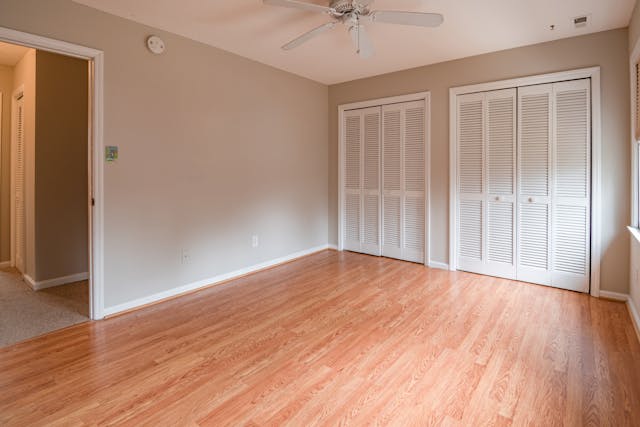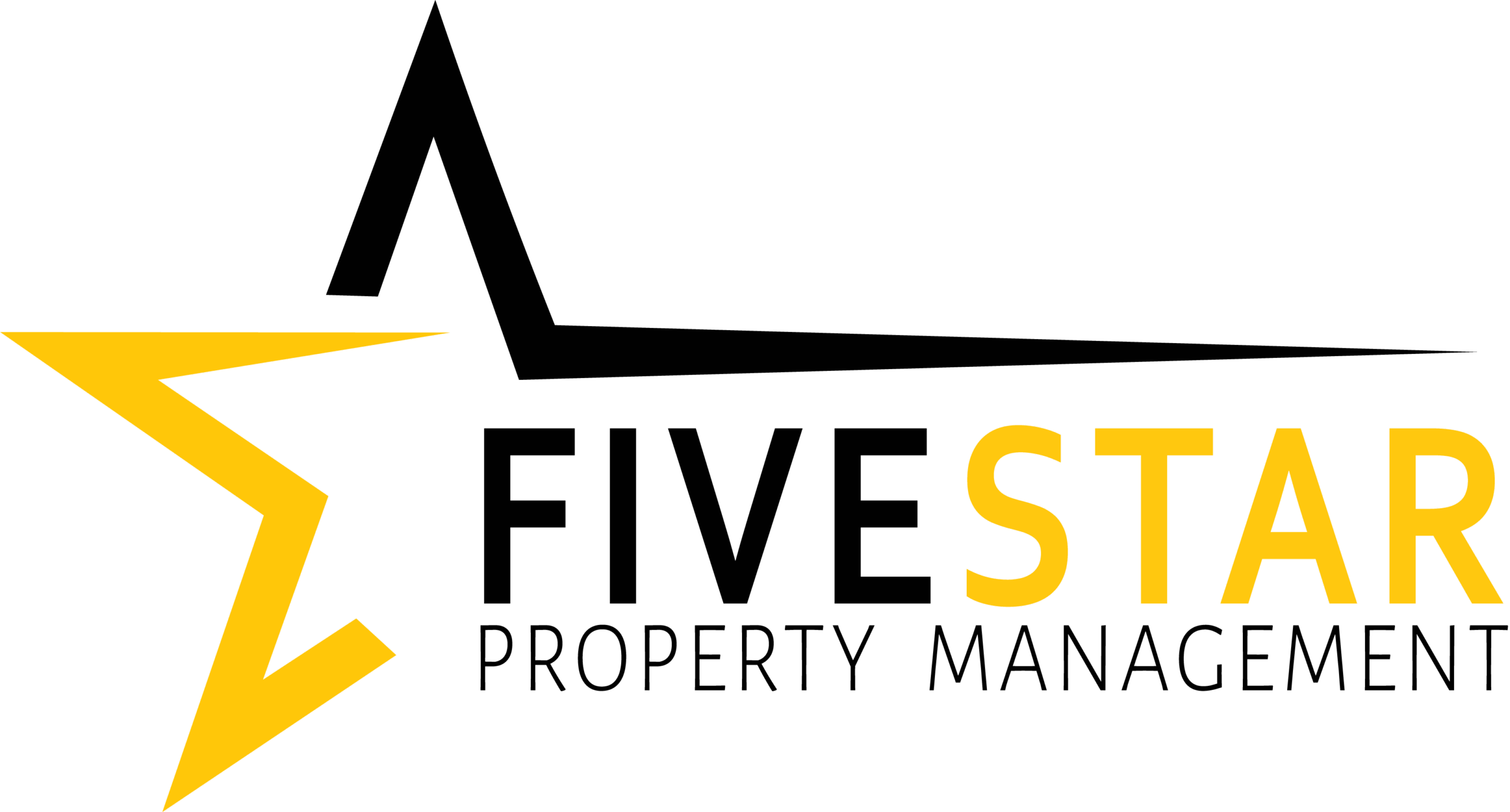Key Takeaways
- Rental property ownership is a popular and lucrative option for investors in Idaho.
- Cash flow is an important metric to be aware of when looking after a rental property.
- Partnering with a property management team can maximize income and ease stress.
For a long time now, real estate has been one of the most reliable means of wealth creation. Although tax benefits and appreciation are crucial for long-term success, cash flow is the immediate determinant for thriving rental businesses. Cash flow involves the movement of money in and out of a business. Landlords need it for long-term profitability and short-term stability.
Some landlords underestimate the intricacies of managing cash flow. As a result, they make mistakes that can turn promising investments into financial burdens. Such mistakes include underestimating expenses, overestimating rental income, or failing to plan for vacancies. In this article, we will explain what cash flow is, why it is essential, and the strategies landlords can use to keep their rental property profitable.
What Is Cash Flow?
In real estate, cash flow is the difference between the income generated by a property and the expenses incurred in operating it. Below is the formula for calculating cash flow:
Cash flow = Rental income – (Operating expenses + Debt Service)
- Rental income: Rents that tenants pay and other streams of income from the rental property, including utility reimbursements, parking fees, pet fees, or laundry fees.
- Operating expenses: Every cost that is associated with managing the rental property, including insurance, management fees, property taxes, and maintenance.
- Debt Services: Mortgage payments, with principal and interest.
From the formula above, cash flow can either be positive or negative. When a property generates more income than the operating expenses and debt service, then the cash flow will be positive. However, when the operating expenses and debt service exceed the income generated from the property, the cash flow is negative. A negative cash flow makes the landlord use money from other sources to cover the expenses.

Benefits Of Positive Cash Flow
For a rental business to be profitable, it must maintain positive cash flow. Without this, it will be very difficult for landlords to sustain their investment. Although property appreciation creates long-term wealth, cash flow helps landlords to stay resilient and solvent in the short term. Some benefits that positive cash flow provides include:
- Risk management: During market fluctuations, vacancies, and unexpected expenses, properties with positive cash flow will withstand the shock.
- Financial stability: With steady positive cash flow, the landlord can handle expenses without using funds from other sources.
- Flexibility: Landlords have adequate income for reinvestment into emergency reserves, additional acquisitions, or property upgrades.
- Debt reduction: With this surplus income, mortgage repayments can be accelerated and equity built faster.
Factors That Influence Rental Cash Flow
Several interrelated factors affect cash flow, and landlords can control some of them. Landlords who aim for long-term profitability need to understand and manage these factors:
Rental Income
This is determined by the property’s condition, amenities, property location, and market demand. Underpricing can cause loss of revenue, while overestimating results in prolonged vacancies.
Operating Expenses
This includes repairs, management fees, utilities, insurance, and property taxes. All of which affects net income. Local assessments and inflation often increase operating expenses.
Financing Costs
Monthly cash flow is often influenced by loan terms, interest rate, and the mortgage size. One strategy to substantially boost cash flow is to refinance at a lower interest rate.
Vacancy Rates
The annual income reduces every month the unit stays empty. Vacancy levels are determined by tenant retention strategies, property desirability, and local market conditions.

Unexpected Costs
This can be in the form of non-paying tenants, legal disputes, or emergency repairs. Such costs reduce cash reserves.
Strategies For Maximizing Rental Cash Flow
Landlords often seek ways to maximize their cash flow because of the benefits it offers. Controlling expenses and increasing income are all you need to boost your cash flow. Landlords can enhance profitability by using the following strategies:
- Optimizing rental income: Before setting a competitive rent, you need to conduct thorough market research. Adjust rents based on demand and seasonality using dynamic pricing models.
- Add more revenue streams: Provide additional services that charge fees. This can include: charging fees for amenities such as laundry, storage units, parking spaces, or furnished rentals. You may want to consider short-term or mid-term rentals if the location is lucrative and the law permits.
- Reduce vacancy rates: To reduce vacancy rates, advertise the rental property on various platforms, offer lease renewal incentives to long-term tenants, and invest in property upgrades or curb appeal to attract quality renters.
- Reduce operating expenses: Strategies to help you achieve this include replacing outdated systems with modern energy-efficient upgrades to lower utility costs, reviewing insurance policies regularly to obtain competitive prices, and negotiating bulk service rates for repairs, maintenance, or landscaping.
- Refinance debt: Reduce your monthly obligations by refinancing the mortgage at a lower interest rate. Where possible, extend the loan term. Doing so will increase short-term cash supply, although it elevates long-term costs.
- Partner with tax professionals: They will ensure you maximize deductions while staying compliant with the tax laws. With their guidance, landlords can strategically reduce their taxable income and maintain a positive cash flow. The tax benefits you can enjoy include: depreciation, pass-through deductions, and deductible expenses (management fees, repairs, property taxes, and mortgage interests).

Common Mistakes That Can Affect Rental Cash Flow
Most landlords unknowingly perform actions that hurt their cash flow. You need professional support and disciplined financial planning to avoid the following mistakes:
- Failing to screen tenants can lead to renting the unit to destructive or non-paying tenants.
- Neglecting professional advice (with the attempt to save money).
- Overleveraging debts leads to excessive borrowing and little margin of error.
- Underestimating maintenance needs results in higher costs in the long term.
- Ignoring vacancy costs and thinking the property will always be occupied is unrealistic.
Final Thoughts
The major determinant of a sustainable and profitable rental business is cash flow. For an optimal outcome, it is advisable to hire the services of a property management company that can help improve your cash flow. Having a consistent positive cash flow will help you grow your portfolio, reinvest, and weather challenges.
